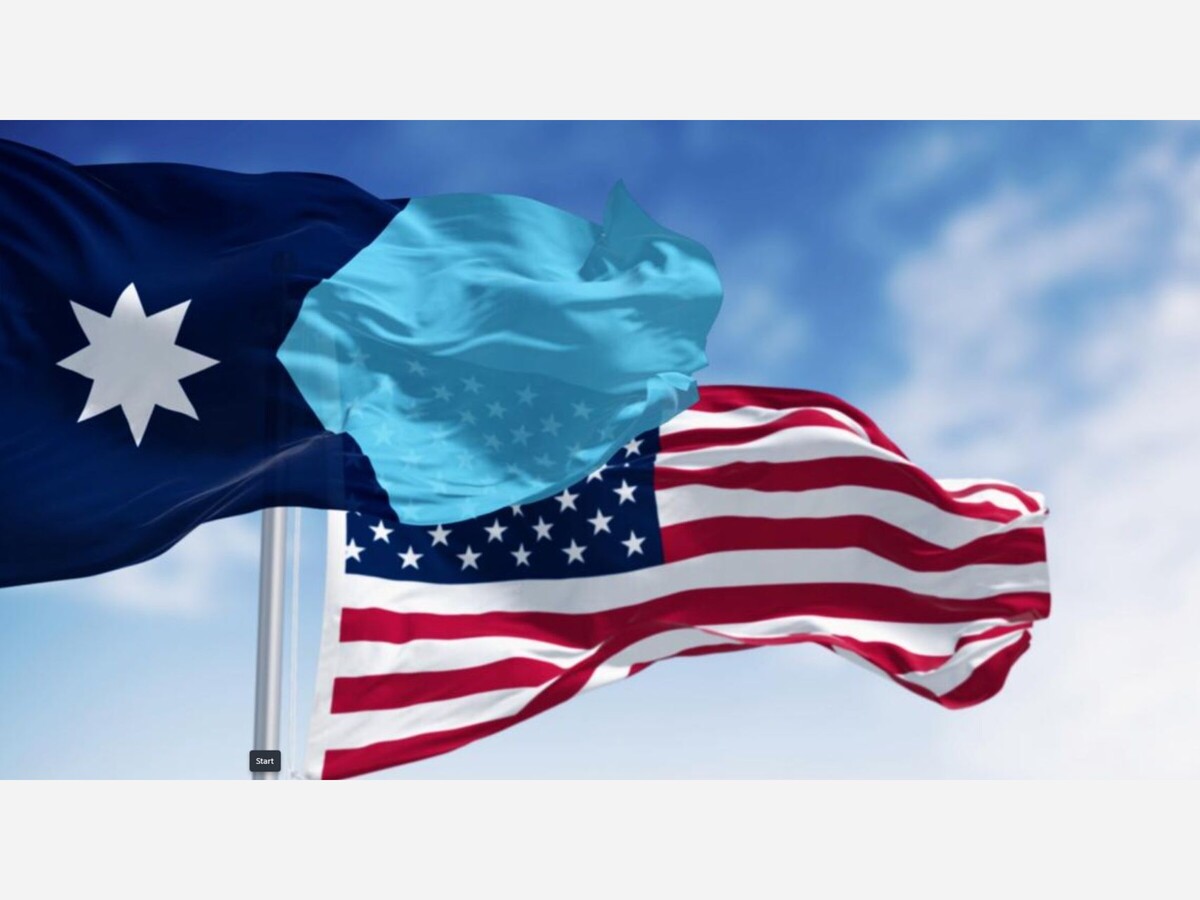Image


When Medica announced its acquisition of UCare’s contracts and assets, it was more than a business transaction. It was a blow to the very foundation of Minnesota’s healthcare system, a system once celebrated nationwide for its mission-driven competition and consumer-focused design. Nearly half a million Minnesotans — seniors, children, low-income families — now face a stark reality: fewer choices, less community influence, and diminished protections in a marketplace once defined by innovation and accountability.
For decades, Minnesota prided itself on a healthcare marketplace that balanced quality, access, and community engagement, with non-profit carriers competing not merely on price, but on mission. UCare, founded 40 years ago, was central to this ecosystem, serving some of the state’s most vulnerable residents through Medicaid (Medical Assistance / PMAP) and MNsure’s individual market.
That legacy of competition is now being dismantled. Choice, once a hallmark of the system, is becoming a relic.
This is not abstract theory. In the first phase of UCare’s crisis, 88,000 Medicaid beneficiaries in 11 counties were abruptly forced to change carriers. Later, 158,000 seniors relying on UCare’s Medicare Advantage plans were dumped onto the open market, scrambling through special enrollment periods to maintain coverage. And now, approximately 300,000 remaining contracts will transfer to Medica, leaving a consolidated marketplace dominated by only a handful of players.
As Senator Matt Klein, Chair of the Senate Commerce and Consumer Protection Committee, warned: “When the number of viable insurance plans decreases, patients lose options, communities lose bargaining power, and the entire healthcare marketplace becomes more fragile.”
Once the Medica acquisition closes, Minnesota’s government-funded and individual insurance markets will be overwhelmingly controlled by Medica, Blue Plus, and HealthPartners. The implications are immediate and profound:
The historical record is clear: market consolidation almost always favors insurers over patients. Minnesota is now entering that risky territory.
UCare did not fail in isolation. In 2024, it posted an operating loss of $504 million, driven by rising medical and specialty drug costs and insufficient government payment rates for public programs. The company responded by cutting back Medicaid enrollment in some counties and ending Medicare Advantage plans — necessary steps for survival, but harrowing for those affected.
This is a cautionary tale about structural vulnerability. When payment rates for publicly funded programs lag behind the true cost of care, mission-driven carriers are the first casualties. Chronic underfunding, coupled with rising operational pressures, created the conditions for UCare’s collapse.
Regulatory mechanisms designed to protect competition and consumers existed but were insufficiently exercised. Minnesota’s 2023 legislation empowered the Attorney General and Department of Health to review transactions that “substantially lessen competition.” Yet, these safeguards came too late, after the system had already destabilized. The Medica acquisition is not a matter of choice; it is the final act in a story of neglected oversight.
The broader financial environment compounds the problem. Federal Medicaid cuts and chronic underpayment continue to threaten hospitals, clinics, long-term care facilities, and safety-net organizations — a peril amplified by consolidation. As Senator Klein observed, “extraordinary strain” is now placed on the very institutions Minnesotans depend upon.
Minnesota cannot accept this as an unavoidable corporate casualty. The stakes demand immediate and decisive action:
The fall of UCare is not merely a business story; it is the culmination of years of policy neglect, financial strain, and missed opportunities for oversight. Minnesota’s healthcare system, once the envy of the nation, now teeters on the edge of dangerous consolidation.
The day competition died is not behind us — it is here. And if action is not taken immediately, the consequences will be felt by every Minnesotan who relies on affordable, quality healthcare. Protecting choice, access, and accountability is not optional. It is a moral, civic, and economic imperative — and the time to act is now.